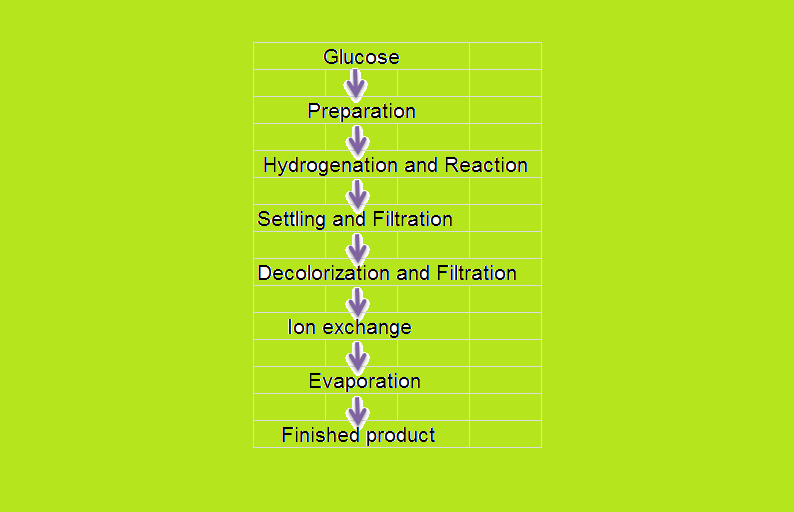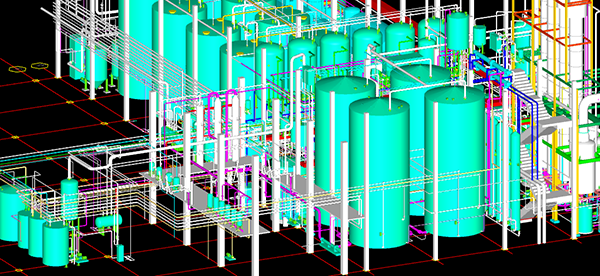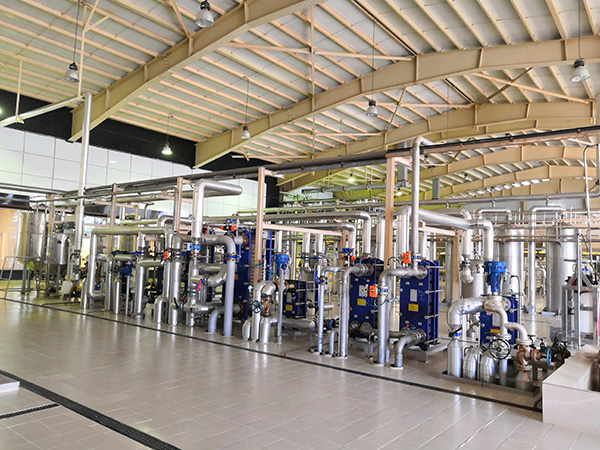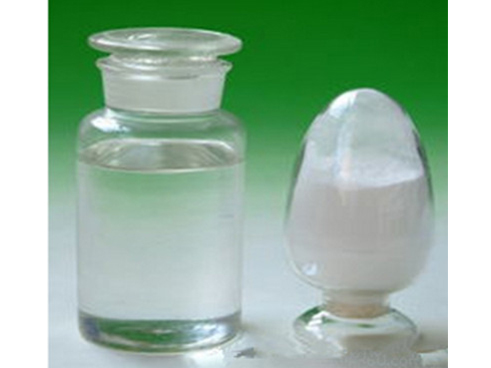
Website on alibaba: whfn.en.alibaba.com
Sorbitol
Sorbitol is a colorless transparent liquid produced by the hydrogenation reaction of glucose under the action of a catalyst. It has a cool sweet taste, is easily soluble in water, and is difficult to dissolve in organic solvents. Widely used in food, beverage, medicine, daily chemical industry and other industries.
一、Process Flow

二、Process Description
(1) Glucose syrup: a transparent liquid refined by enzymatic hydrolysis using starch as raw material.
(2) Ingredients: Prepare a certain concentration of glucose syrup, add a catalyst, and adjust the pH value.
(3) Hydrogenation reaction: The prepared materials are sent to the reaction kettle, heated, and hydrogen is added, and the high temperature and high pressure reaction obtains the sorbitol solution.
(4) Settling filtration: The sorbitol liquid after the reaction is sent to the settling tank, settling for a certain time, the catalyst is removed, and sent to the next process.
(5) Decolorization and filtration: A certain amount of activated carbon is added to the sorbitol solution, maintained at a certain temperature, and maintained for a certain period of decolorization, and then sent to a filter to remove the activated carbon to obtain a transparent clear solution.
(6) Ion exchange: At a certain temperature, the sorbitol solution enters the cation resin and anion resin separation columns for treatment to remove impurities such as inorganic salts and pigments to obtain a refined transparent clear solution.
(7) Evaporation: The sorbitol liquid passes through a precision filter and is sent to the evaporator for concentration to obtain the product with the required concentration.
(8) Finished product packaging: Sorbitol products are filled and weighed, and then stored in the warehouse after packaging.













